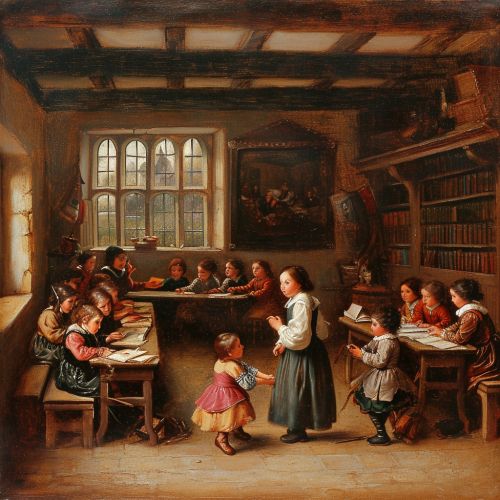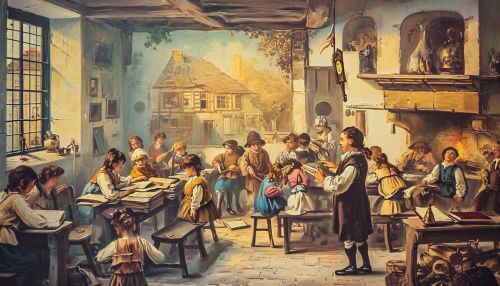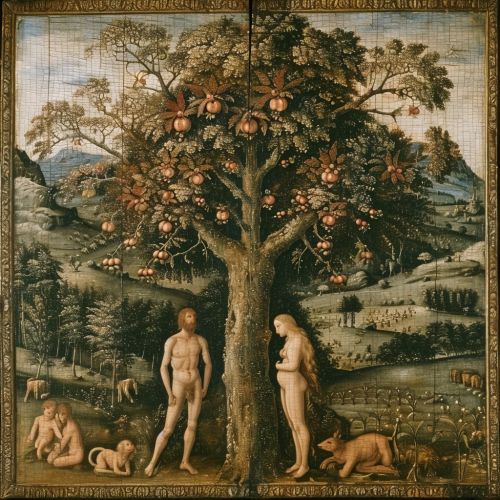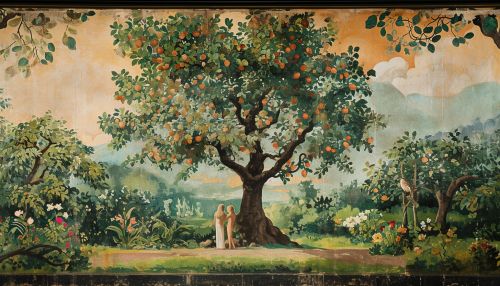John Miltons Age
Early Life and Education
John Milton was born in Cheapside, London, in 1608 to a family of prosperous scriveners. His father, also named John Milton, was a staunch Protestant who had been disowned by his Catholic family in Oxfordshire for his religious beliefs. Milton's mother, Sarah Jeffrey, was a gentlewoman known for her charitable works.
Milton was educated at home by private tutors until he was twelve years old. He then attended St Paul's School, where he studied Latin, Greek, and Hebrew. In 1625, he was admitted to Christ's College, Cambridge, where he earned his Bachelor of Arts degree in 1629 and his Master of Arts degree in 1632.


Literary Career
Milton's literary career began while he was still a student at Cambridge. His first published poem, "On the Morning of Christ's Nativity," was composed in 1629. Over the next decade, he wrote a number of poems, including "L'Allegro," "Il Penseroso," and "Comus," which were published in a collection titled "Poems of Mr. John Milton" in 1645.
In the 1640s, Milton turned his attention to prose, writing a series of political and religious tracts that argued for civil and religious liberties. These works, which include "Of Reformation," "The Reason of Church Government," and "Areopagitica," are considered some of the most important contributions to the development of English political thought.
In the 1650s, after the execution of King Charles I and the establishment of the Commonwealth under Oliver Cromwell, Milton served as the Secretary for Foreign Tongues, a position that involved translating diplomatic correspondence. During this period, he also wrote his epic poem "Paradise Lost," which was published in 1667.
Paradise Lost
"Paradise Lost" is considered Milton's masterpiece and one of the greatest epic poems in the English language. It tells the story of the fall of man, with Satan as its tragic hero. The poem is noted for its complex structure, its richly allusive language, and its exploration of theological and philosophical issues.
The poem is divided into twelve books, each of which is written in blank verse. The narrative begins in medias res, with Satan and his fallen angels in Hell, and then moves to Heaven, where God the Father and God the Son discuss the fall of man. The action then shifts to Earth, where Adam and Eve live in the Garden of Eden.
Milton's depiction of Satan as a complex, sympathetic character has been the subject of much critical debate. Some critics argue that Milton intended Satan to be a heroic figure, while others contend that he is ultimately a tragic figure who is doomed by his pride and ambition.


Later Life and Death
In the later years of his life, Milton continued to write and publish. His later works include "Paradise Regained," a sequel to "Paradise Lost," and "Samson Agonistes," a tragic drama based on the biblical story of Samson.
Milton's health began to decline in the 1670s, and he died in 1674 at the age of 65. He was buried in the church of St Giles Cripplegate in London. His literary legacy continues to be celebrated today, and his works are considered central to the canon of English literature.
